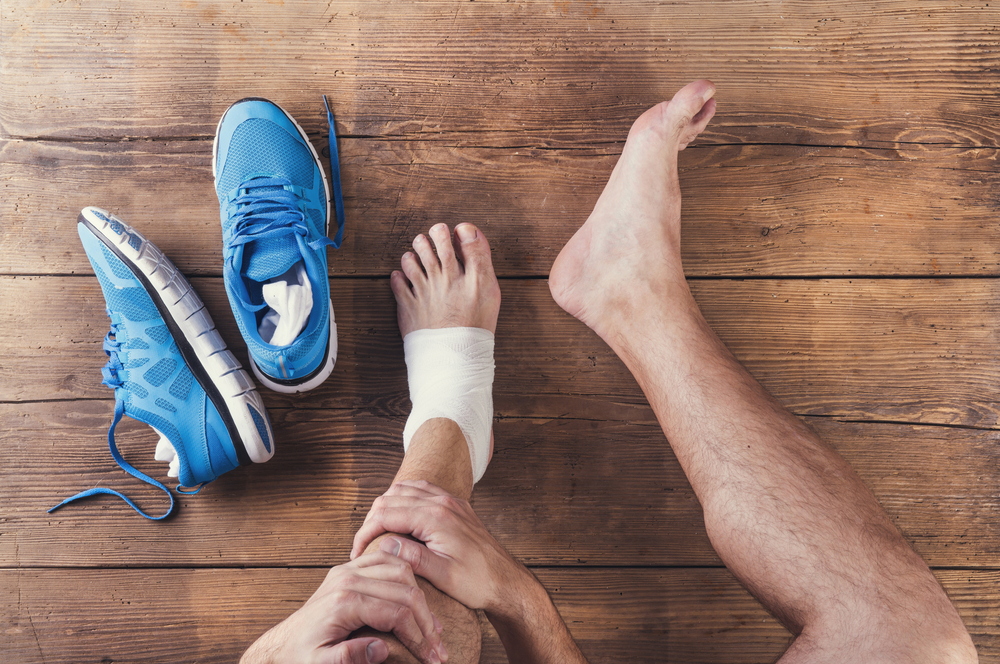You were playing a game of pickup-basketball at the park when you felt something snap in your leg. Or perhaps you were running on the treadmill at the gym when you lost your stride and fell off the back of the machine, hearing a sickening crunch as you did.
Sports injuries are incredibly common. In some cases, a higher level of fitness can make them less likely, but all you have to do is watch a preseason football game to see that they still happen with startling regularity. A football player can land wrong on his leg and be out for the season. In an instant, a player can go from being at the top of their game to needing a year or more of recovery time.
You probably don’t have access to the state-of-the-art facilities you’ll find with professional sports teams, but there’s no reason why you can’t have a good recovery plan.
Diagnosis
The location of the injury matters a lot in determining what kind of tests or procedures doctors will run to diagnose it. There’s a decent chance you’ll be sent to a radiology lab so doctors can find out exactly what’s going on. If you have a head injury, a CT scan is possible so doctors can determine if there is any bleeding. A CT scan may also be used to look at the spine or skull, since CT scans are good for examining bones.
X-rays are also a possibility, as they can be used to find breaks or fractures. If you’re watching a ball game on TV and a player goes out with an injury, sometimes sideline reporters will pop up later in the broadcast to report, “X-rays were negative.” That generally means doctors didn’t find evidence of breaks or fractures, and something else is going on.
Once doctors know what kind of injury you sustained, they can determine how to treat it. If there’s a break in the bone, you’ll probably receive some sort of cast. If there’s just a sprain, you may be told to apply ice to the affected area, or to elevate it.
Concussions are especially tricky to deal with, as you don’t want to take any chances with a brain injury. According to the Mayo Clinic experts, rest is the most effective treatment. That may mean you can’t read books or watch TV shows for a certain amount of time, but it’s important to follow your doctor’s orders until symptoms subside.
Rehab
This is one type of rehab that has nothing to do with drugs or alcohol. Depending on the nature and severity of your sports injury, you may be assigned to work with a physical therapist for a few weeks or months. A physical therapist will assign you various exercises and drills to ensure you can regain full use and range of motion in the affected area.
Your doctor may also recommend you visit a chiropractor who specializes in sports injuries. A place like the Accident Recovery Center is helpful if you need treatment for your neck, back, or shoulder area.
Once you get back on your feet (or arm, or leg, or shoulder), it’s up to you and your doctor to decide if you should keep doing the activity that got you injured. If it’s a freak accident, you may feel more confident going back to the sport. But if it’s something a lot of people who practice that activity deal with, it may be wise to find something else to do. No sport or exercise is ever 100 percent safe, but you should talk with your doctor about ways of reducing your risk,
















